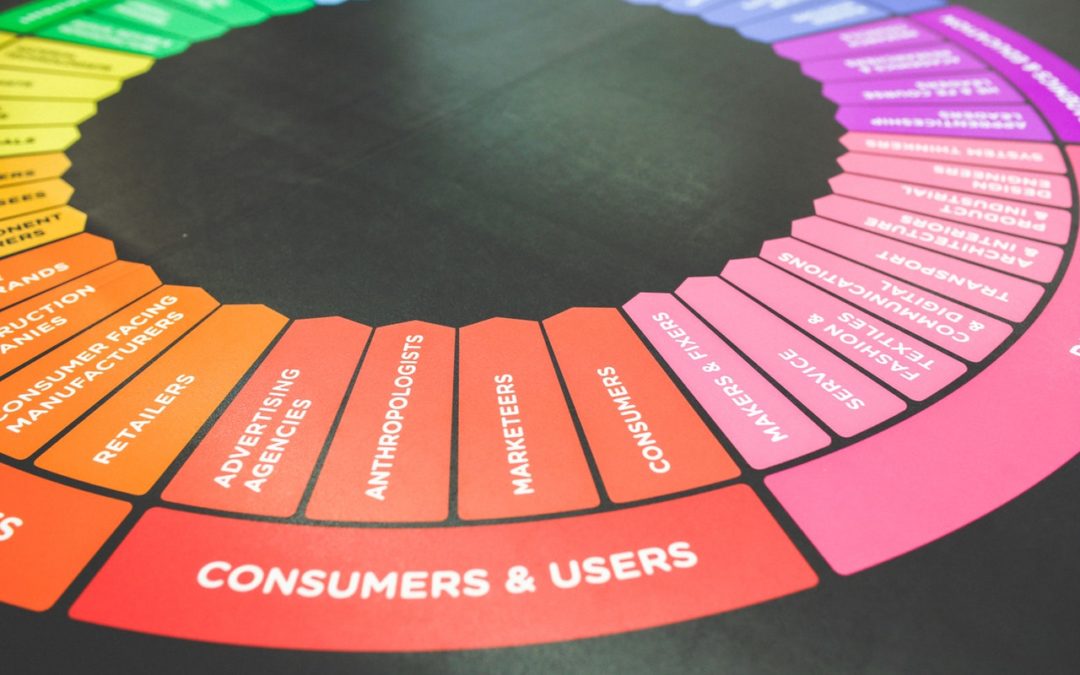Change is inevitable, and that’s why people and industries are open to new technology and advances to help increase sales, profitability, and connect better with customers.
Artificial Intelligence has taken over the world with its amazing task performance abilities. From streamlining operations to comprehensive solutions to better decision making, AI is taking up the business world by storm and optimizing everyday work. It has become clear that AI will revolutionize how the world works.
While the core concepts of marketing are very similar to those practiced decades ago, today, with huge volumes of data available online, it requires research, analysis, brand engagement, and building customer relationships faster and better than ever before.
The Change in Marketing Behaviour
It is just not about displaying and giving an overview of products or services. The sheer quantum of data on the World Wide Web has increased accessibility and influence that can no longer be done using traditional newspaper and magazine advertisements – or even television ads – these mediums are just not enough. AI is helping the marketing industry influence customer decisions, integrate information, and analyze data effectively.
According to research by IDC, Artificial Intelligence had $12 billion in market investments in 2017. By 2021, the figure is expected to rise to $57 billion. In marketing, AI is a major contributor that leverages the use of data models and algorithms to predict behaviour.
Let’s explore the benefits of AI in Marketing:
Marketing Automation
When it comes to marketing, it is essential to have an automated approach to ease out tasks. Marketing automation not only helps carry out repetitive tasks, but it also deals in predictive analysis and personalization engines. It is, of course, still important to execute strategies effectively for a better use of AI Automation.
Marketing Automation enhances marketing by converting the data accurately into actionable insights like decision making, analyzing data and personalizing experiences. More importantly, marketing automation helps you focus on critical tasks while the machines carry out repetitive tasks.
Optimised Content
Spoiled for choice when it comes to similar product or services, customers have a short attention span and are fickle; making customer-centric messages imperative for marketing campaigns to grab attention and entice them take appropriate action.
Content for social media differs from web content or blog content. It is vital to know the kind of audience one has so that the material is created accordingly. For example, if you connect with your audience through social media, then you cannot entertain them using good old web content. You have to use social content, which is more engaging and less formal.
AI automates the process of content creation and targets specific customers with multi-channel messages. AI programs help marketers analyze behavioral trends and patterns, and based on the analysis, provide insights on consumer preferences and calculates the ideal time to convey the message.
Editorial Calendars
As campaigns are becoming more personalized, the large scale editorial calendar is becoming less effective. AI helps categorise similar groups of people and targets tailored campaigns that trigger interest.
A marketer’s role is to analyze the engagement rate and respond to content before any marketing landscape. AI creates more intelligent marketing strategies that are tailored towards unique audience groups, rather than the traditional one-size-fits-all editorial calendar.
Creative
There has been a controversy that in the coming future, Artificial Intelligence will replace the jobs in most industries, leaving people unemployed. We are not sure of that, but we certainly know that if AI is used judiciously, it will enhance operations in the workplace.
The biggest advantage of AI is the pace at which it completes repetitive, mundane, and time-consuming tasks with the ability to learn and improve. This means that employees get more time to invest in strategic and creative tasks.
Marketers need a transition of skill set to stay up and tight in the advancing technological period. AI will help humans by replacing tasks and creating powerful new efficiencies in the workplace.
Chatbots
Customer experience is the primary concern for every marketing strategy. A spike in the value of time and need of instant service has created a high consumer expectation.
Must Read: Case Study-Zyra Chatbots
Chabots are a blessing in disguise for almost all the companies. Customers need to feel important and that their needs are taken care of, and chatbots help in bringing and maintaining this relationship between the customers and the organization instantly.
Chatbots from a marketing perspective help marketers gain valuable insights on customers’ behaviour, strengthen the customer relationship, and qualify leads accurately.
The potential of AI in marketing helps people to use data in real-time, learn more about the customer, and anticipate the next shift or wave of market trends.
An Ending Note
Artificial Intelligence has a profound impact in different fields of business. When it comes to marketing, AI has become efficient and effective in delivering a practical marketing strategy and driving conversions.
While traditional marketing technology is built on algorithms which humans code instructions to tell machines what to do; in AI the machine has the ability to create its own algorithms, solves problems and unlock the potential to revolutionize marketing by leveraging customer data and anticipate the customer’s next move.
AI tools are becoming more common and provide traditional marketing with personalized and relevant content to increase the conversion rate for businesses.
Some AI tools like built-in decision making tools, analytics tool, data deciphering tools are useful in analyzing and predicting the customer’s or client’s buying pattern and their perception of the brand.
In the near future we believe AI will provide more than just real-time data and results that will help shape businesses and relationship with the customers; it will influence and provide real value that guides brands and customers.

